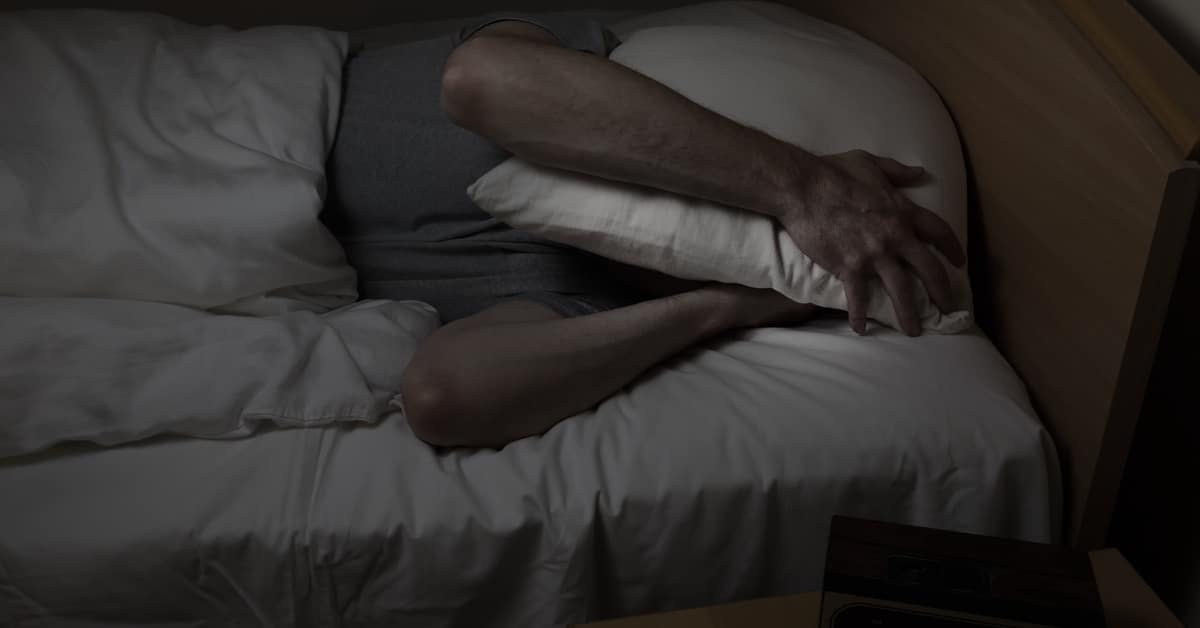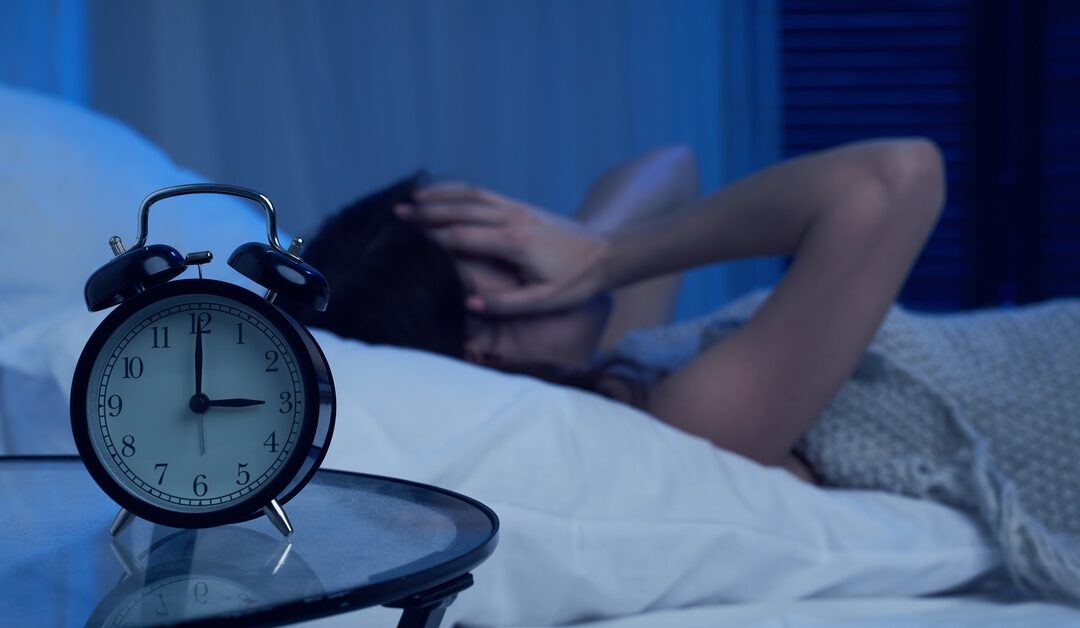Sleep affects every aspect of our mental health, but for people living with bipolar disorder, getting adequate rest can be a challenge with significant consequences on daily life. The relationship between sleep patterns and bipolar disorder is complex, and understanding how sleep influences bipolar symptoms can empower you to take control of your mental health journey.
This post explores the complex connection between sleep and bipolar mood swings, examining how different episodes affect rest patterns and offering practical strategies to improve sleep quality.
Understanding Bipolar Mood Swings
Bipolar disorder is characterized by cycles of mood swings from emotional states that can range from extreme highs, known as mania or hypomania, to deep lows, referred to as depression. During manic episodes, individuals may feel an overwhelming sense of energy, confidence, or euphoria, often accompanied by impulsive or risky behavior. Conversely, depressive episodes bring feelings of deep sadness, hopelessness, or fatigue, making even simple daily tasks feel unmanageable. These mood changes can occur over days, weeks, or even within the same day, and they significantly impact a person’s thoughts, behavior, and overall well-being.

Sleep Patterns of Bipolar Episodes
Sleep disturbances serve as both a symptom and a trigger for bipolar episodes, creating a challenging cycle that affects millions of people worldwide. Each type of episode brings distinct sleep challenges that require different approaches and understanding.
Manic Episodes
Individuals in the midst of a manic episode are likely to experience a reduced need for sleep, often leaving individuals feeling energized after just two or three hours of rest. This decreased sleep requirement feels normal during mania, but the lack of adequate rest eventually takes a toll on both physical and mental health.
Insomnia is common during a manic episode and often involves difficulty falling asleep, frequent awakenings throughout the night, and challenges in maintaining a consistent sleep pattern. Irregular sleep schedules can further exacerbate mood instability, creating a cycle that is hard to break without proper treatment and support.
Depressive Episodes
Depressive episodes typically bring the opposite sleep challenges, with many individuals experiencing hypersomnia or sleeping far more than usual. People may sleep 10 to 12 hours per day yet still feel completely exhausted and unable to function normally.
Even when spending many hours in bed, sleep during depressive episodes is typically poor quality, failing to provide the restoration the body and mind need. These poor sleep quality issues can intensify feelings of hopelessness and make it even harder to engage in helpful activities or seek support.
The Link Between Bipolar Disorder and Sleep
Several factors connect bipolar disorder and sleep disturbances in ways that create ongoing challenges for mood stability. Understanding these connections helps explain why sleep-focused interventions can significantly improve mood stability and overall treatment outcomes.
Circadian Rhythm Disruptions
Bipolar disorder fundamentally alters the body’s internal clock, disrupting the natural circadian rhythms that regulate sleep, hormone production, and energy levels. The irregular patterns make it difficult for individuals to maintain consistent sleep schedules, even during stable periods between episodes.
Circadian rhythm disruptions often begin weeks before obvious mood symptoms appear, serving as an early warning system for those who learn to recognize the signs. Sudden changes in sleep timing, such as going to bed much later or waking up significantly earlier, can signal the beginning of a mood episode.
High Prevalence of Sleep Disturbances
Sleep problems affect the vast majority of people with bipolar disorder, occurring during both active episodes and periods of mood stability. These disturbances take many forms, including difficulty falling asleep, frequent nighttime awakenings, early morning awakening, and non-restorative sleep. The persistence of sleep issues between episodes suggests that addressing sleep problems requires ongoing attention rather than periodic treatment.
Exacerbated Bipolar Symptoms
Poor sleep quality may intensify existing bipolar symptoms and potentially trigger new episodes in previously stable individuals. Sleep deprivation affects emotional regulation, decision-making abilities, and stress tolerance, making it harder to cope with daily challenges. The combination of mood instability and sleep problems creates a particularly difficult situation that requires comprehensive treatment approaches.
Increased Vivid Dreams or Nightmares
Many people with bipolar disorder experience unusually vivid dreams, nightmares, or disturbing sleep imagery that can affect mood upon waking. Struggling to fall back asleep after vivid dreams or nightmares can lead to fatigue, worsened mood, and difficulty managing daily tasks.

Tips for Managing Bipolar Disorder Through Sleep Hygiene
Developing consistent sleep hygiene practices provides a foundation for decreased mood swings and can reduce the frequency and severity of bipolar episodes. Small changes in sleep habits can produce significant improvements in overall mental health and quality of life.
Create an Ideal Sleep Environment
Your bedroom should remain cool, dark, and quiet to promote deep, restorative sleep throughout the night. Blackout curtains, eye masks, and earplugs can eliminate environmental disruptions that fragment sleep and reduce sleep quality. Calming sounds such as white noise, nature sounds, or soft instrumental music can help quiet racing thoughts and create a peaceful atmosphere for sleep.
Avoid Blue Light Exposure
Electronic devices emit blue light that suppresses melatonin production and delays sleep onset, making it harder to fall asleep at appropriate times. Stop using phones, tablets, computers, and televisions at least one hour before bedtime to allow your body’s natural sleep hormones to function properly.
Reduce Caffeine and Alcohol Intake
Reducing caffeine and alcohol before bed improves sleep because both substances can disrupt your natural sleep cycle. Caffeine is a stimulant that can make it harder to fall asleep and stay asleep, while alcohol might make you drowsy initially but interferes with deep restorative sleep that are essential for mood regulation and emotional processing. Cutting back on these substances several hours before bedtime allows your body to relax and maintain healthier sleep patterns.
Track Your Sleep Patterns
Keeping a detailed sleep diary helps you identify patterns between sleep changes and mood episodes, providing valuable information for treatment plans. Record your bedtime, wake time, sleep quality, mood upon waking, and any factors that might have influenced your sleep. Wearable technology such as fitness trackers or smartwatches can provide detailed sleep data including time spent in different sleep stages and frequency of nighttime awakenings.
Taking Control of Your Sleep and Mood
Managing bipolar disorder requires a comprehensive approach that addresses both sleep hygiene and mood stability as interconnected aspects of mental health. The strategies outlined here provide a starting point for improving sleep quality, but working with a psychiatrist helps ensure that your sleep interventions complement your overall treatment for bipolar disorder.
At Envision Mindcare, we prioritize a comprehensive treatment approach for patients with bipolar disorder, including offering psychotherapy, medication management, and lifestyle interventions. If you or a loved one with bipolar disorder is struggling to manage their mental health or sleep schedule, book an initial consultation with us and take the first courageous step toward recovery.

